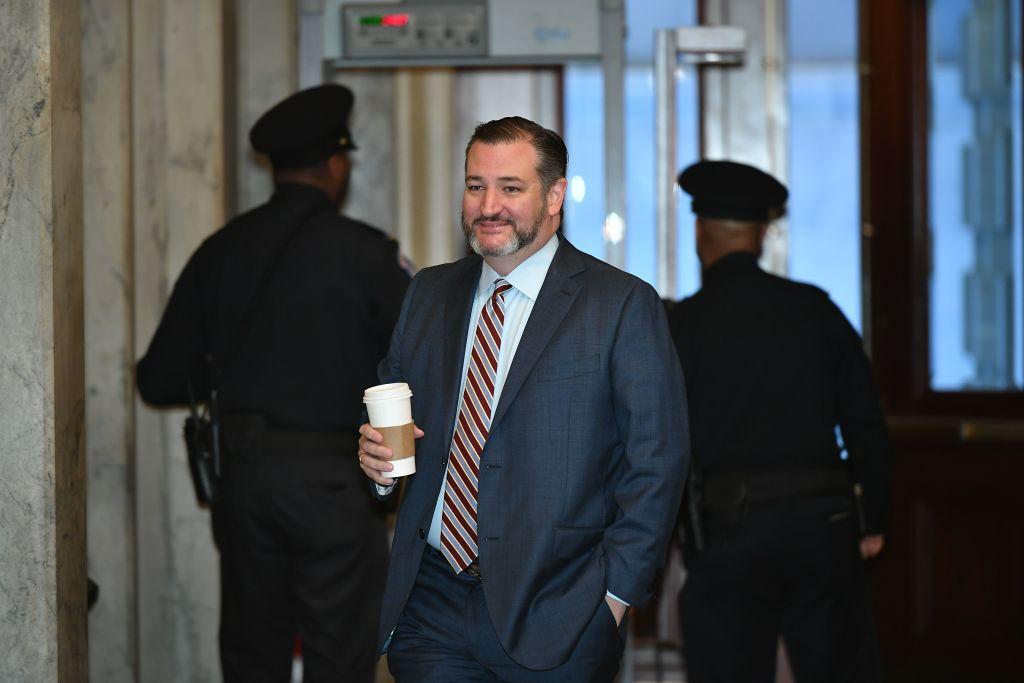Lawmakers in Congress who aren’t known to agree on much of anything united in condemning retail stock investment app Robinhood on Jan. 28, after the company blocked users of the app from buying stocks of companies such as GameStop that were soaring in value after individual investors banded together to squeeze Wall Street hedge funds.
“This is unacceptable. We now need to know more about @RobinhoodApp’s decision to block retail investors from purchasing stock while hedge funds are freely able to trade the stock as they see fit,” Rep. Alexandria Ocasio-Cortez (D-N.Y.) wrote on Twitter.





